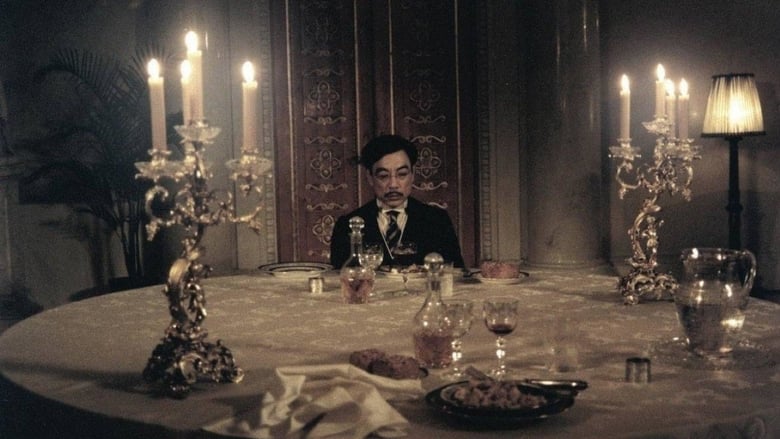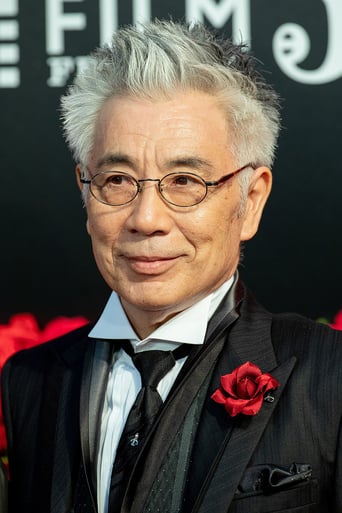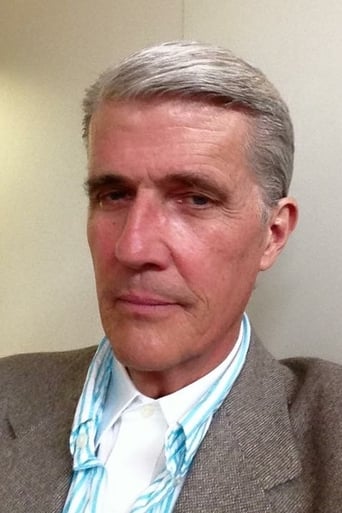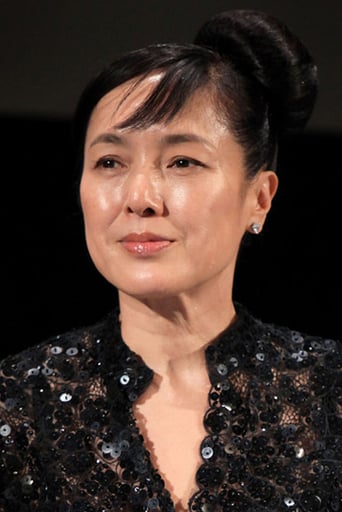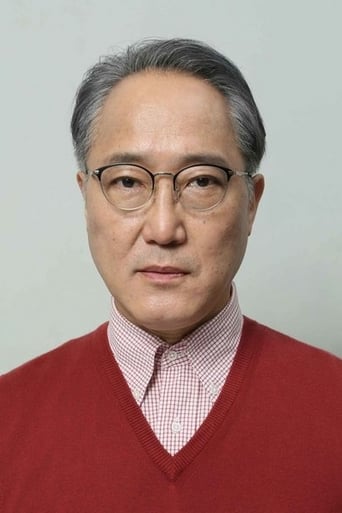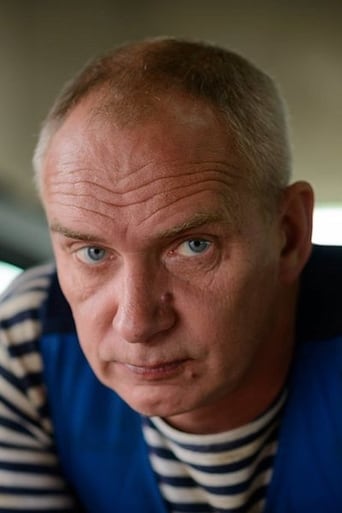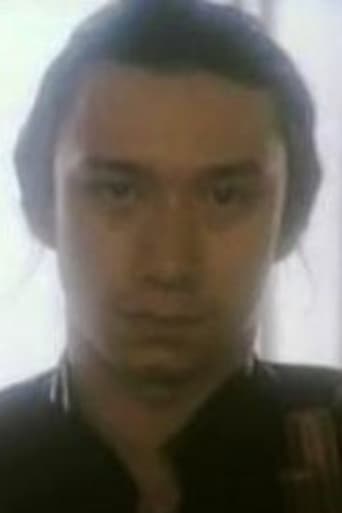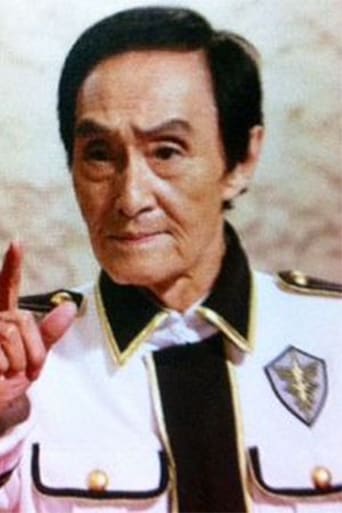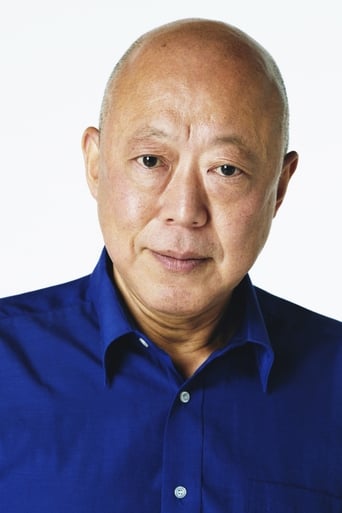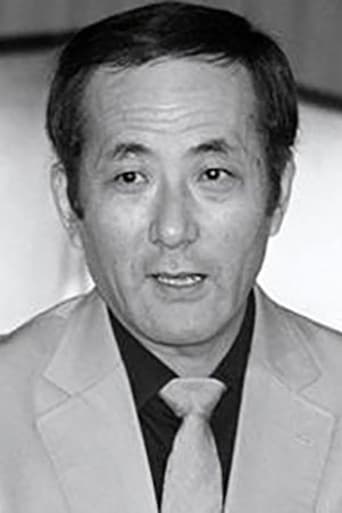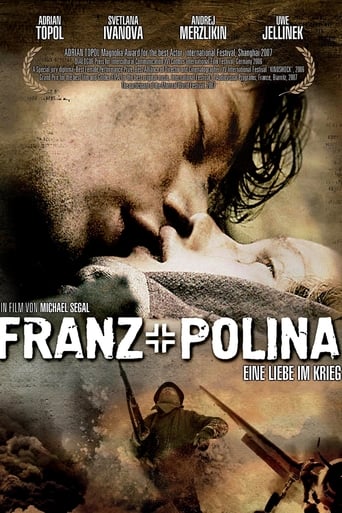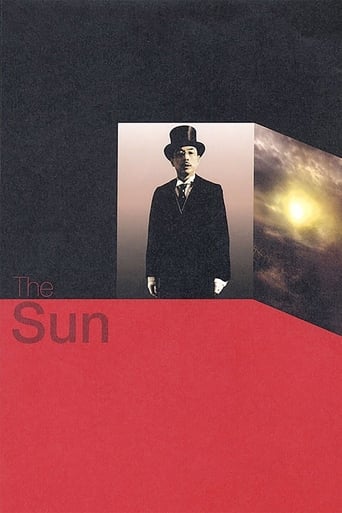
Biographical film depicting Japanese Emperor Shōwa (Hirohito) during the final days of World War II. The film is the third drama in director Aleksandr Sokurov's trilogy, which included Taurus about the Soviet Union's Vladimir Lenin and Moloch about Nazi Germany's Adolf Hitler.
Similar titles
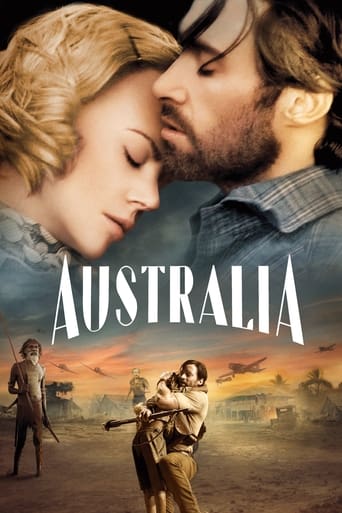
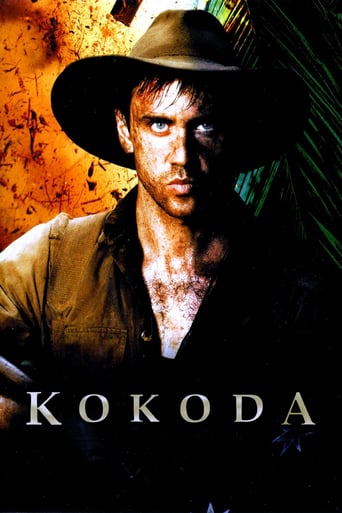
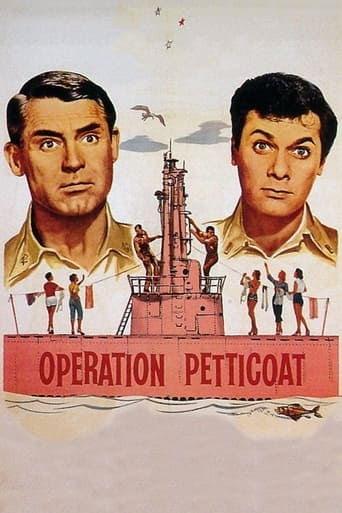
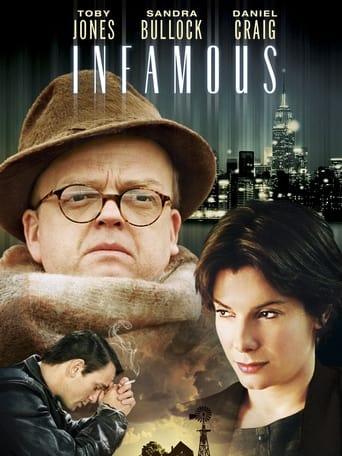
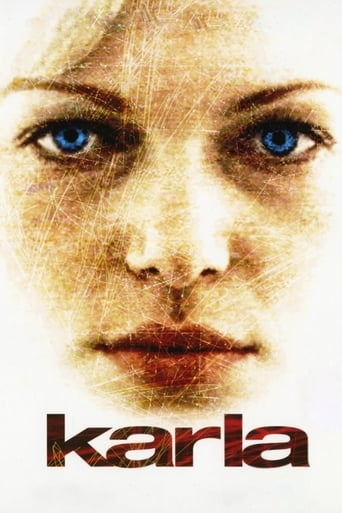
Reviews
It’s an especially fun movie from a director and cast who are clearly having a good time allowing themselves to let loose.
A film with more than the usual spoiler issues. Talking about it in any detail feels akin to handing you a gift-wrapped present and saying, "I hope you like it -- It's a thriller about a diabolical secret experiment."
This movie tries so hard to be funny, yet it falls flat every time. Just another example of recycled ideas repackaged with women in an attempt to appeal to a certain audience.
Blistering performances.
...and Henry fell asleep."That is one movie that won't get any high marks in popularity," Kristl said, somewhat louder than was necessary, for the movie was just finishing up with the credits, but she wanted to see if she could get Henry to wake up and make her a coffee.It hadn't gone quite unnoticed to Kristl that Henry had nodded off somewhere at the beginning of the movie. Not that it surprised her the least. The movie didn't contain kick-ass women waving swords about or shooting bad guys with pistols contain an unending supply of bullets and didn't need to reload. God, these guns basically that fired themselves.. No excitement and boss battles here. Just a weird strange movie.The pace was at best leisurely, if you tried to state it in an optimistic manner, ...which was probably done on purpose. "Slow. It is interesting in a way, but requires a lot of patience to sit through. The whole movie is somewhat strange too. I can't help it, but somehow I have to compare it to Der Untergang, with the raving Hitler. Both men who had were prime movers in World War II. Both in a situation that everything is lost. Both living is a world completely disconnected from reality and both strange men, completely out of touch with the rest of humanity."Henry stirred, then turned around and continued snoring."Reminds me not to have a beer before a movie. Unless it's going to be a some high fast paced on the edge movie. Then beer is okay," Kristl mused. Picking up the trail of her thoughts, Kristl continued, "This emperor is living in his own world, treated like a god on earth, which he was to most of his people, and totally out of touch with reality. Like when he leaves a room, people open the doors for him, except that one time after leaving the room after having an audience with MacArthur. The emperor gets confronted by a door. And you see him struggle how to open the door. Normally other people open the door for him.""Or his totally nonsensical reaction in a meeting of the rulers of Japan. He babbles some disconnected lines. Which seems to vaguely touch on the situation but seems to say not a thing. Like those predictions of Nostradamus.""Or his tendency to switch subjects during a conversation. Suddenly talking about something else entirely. And then this man has to make a decision about ending the war. And almost, like a little happy child, he renounces his divinity."Henry made some snorting sounds, giving Kristl some hope that he was about to wake. She was pondering prodding him to wake him up."But to be honest.. it is quite a long movie for it seems to just study this strange man, living in this make believe world. Isolated from it by the people around him. Somehow you would expect a movie to add at least a layer of tension or drama. Something more than the intimate study of a reclusive. But that is about it."She prodded Henry, he just murmured and turned on his other side. "And I understand from other sources that it might be quite a wrong picture at that. According to others he wasn't this strange disconnected child, like MacArthur says, but he was well aware of what was going on and informed about it and actually several times the author of harsh decisions, like ordering the use of gas in the Sino-Japanese wars. A picture that could still fit with him being a child.. but an innocent one? It is a pity the movie doesn't seem to take that into account. The double side of a child: innocent against cruel. Kids can go many ways.."Kristl looked at Henry, who was now snoring audible, "Sleeping like a baby." She grinned.She stood up, walked over to the kitchen and made her own coffee. She like his coffee better, but she had to make do. Then she got one of those sheep woolen blankets, they had in the spare room, and tucked him in. And she did not forget to turn of the light when she left. The exit light above the rear door provided just about enough light. Just like those lights for kids to make them sleep better in the dark of night.www.meritcoba.com
As an WWII buff, I was intrigued when I saw this film pop up on my Netflix recommence list. Alas, I ought to have taken the time to beforehand to look up the director. Alesandr Sokurov made the dreadful "Russian Ark". This film, while not nearly as bad as "Ark" or Malick's horrendous "Thin Red Line", suffers from a limp, aimless, script that is augmented by equally limp, wooden acting. The Americans in this film are a collection of stereotypes posing as characters. Richard Dawson in particular is awful. He appears to suffer from a case of macrocephaly which is seriously distracting. His massive head--quite unlike what MacArthur had-- makes him look like a mad scientist in an army uniform. His acting, the apposite of Tommy Lee Jones portrayal of MacArthur in "Emperor", is lifeless and quite unlike Douglas MacArthur.Issei does a solid enough job of portraying the Emperor. Who can pretend to accurately a man who is seen as a God and is kept largely out of the public eye? Unlike MacArthur, the actor here had little to go on in a character study.In view of this any actor who attempts to portray such a mysterious man has to be given a benefit of the doubt. That said, this is no equal to Ganz's brilliant portrayal of Hitler. Ganz put on one of the great acting performances of all time--at least the equal of Daniel Day-Lewis' Lincoln.I have one final critique and this goes for "Emperor" as well. For some reason when people make movies of the Pacific Theater they mention the A-bombs, but never the great many atrocities the Japanese committed in their 8 years of war. The Japanese were, in fact, the first country to employ WMD in WWII when they used bombs filled with bubonic plague on the Chinese. These weapons were developed by a special unit call Unit 731'. This unit committed horrors that matched those of Mengele and the Nazis. Then we have the Bataan Death March, the Rape of Nanking, and the general brutal occupations of Asian countries. The Japanese did far more than bomb Pearl Harbor. Ask the Chinese, who lost some 15 million citizens to Japanese aggression. Aggression that actually stretches back to 1931.(Even though the Sino-Japanese War did not officially begin until July of 1937.) To not mention Japanese barbarism and aggression on such a large scale is to akin to omitting the Holocaust when discussing the Nazis.
Director Sokourov's portrayal of the Japanese Emperor during the time of his capitulation to America is spellbinding and possibly unique. Japanese civilization and especially its culture from warriors to sex and love are totally different to western culture. Issei HiroHito who plays the role of the Emperor is majestic in human manner and mannerisms, spanning glimpses of ancient customs of etiquette, the significance of poetry and the new world of science (HiroHito's passion being marine biology). Most significant is his surprising awareness of the fateful decisions he has to take at the end of WW2 in order to bring Japan into the next era. Long lasting peace is his fervent vision. One is surprised to learn that he hardly participatedin the making of the military decisions: unaware of the attack on Pearl Harbour, for example. Luckily for Japan, MacArthur knew something about Japan and its rigid etiquette and sensitive non military culture, having been there before the war. Lukily for Japan, MacArthur decided on getting to know his opponent in person to person meetings with the Emperor before pronouncing judgment on whether the Emperor was guilty of being leader of the war or just an innocent person kept away from the important decisions. The two meetings between MacArthur and HiroHito when HirorHito spoke English (he said he also spoke other languages), were non-political and dealt mostly with personal matters of family and leisure interests. These discussions, subtly developed in the film, convinced MacArthur that HiroHito was innocent and that HiroHito could be a unifying force for a new Japan. (This positive attitude by America through MacArthur can be contrasted by the exact opposite of the Versaille Peace Treaty at the end of WW1 vindictively pushed through by the French and which proved to be, as Woodrow Wilson feared, a cause for further troubles in Europe, finally WW2.) What makes the film outstanding is Issei Ogata's sensitive and convincing portrayal of the Emperor concerned with human interests, who is considered by the Japanese as a God. Secondly, the decorum of the Japanese, so rigid to exclude all compromise. Luckily for the Japanese HiroHito found a way to compromise. Also the film's special color range suggested more undertones than either a documentary or a book. Essential to see to understand.
Very powerful film-making, which leaves you feeling very unsettled. Through the minutae of his days and his every gesture, nervous tick and grimaces, it describes the last days of the living God, the Emperor of Japan. It's already perfectly clear to everyone that Japan is on its knees and the war has been won by mere mortals. It's perfectly clear, and yet the nation apparently still needs to know that its Emperor is a God. Superficially, the movie could be compared to Der Untergang, The Downfall, in that it shows a previous icon of absolute power cooped up in his bunker, days before his complete demise. The mood of these two movies is so very different, though - there was life stirring in among the ashes of Oliver Hirschbiegel's Berlin, still. There is seemingly no life left at all in the devastation surrounding the Japanese Emperor's palace and bunker. You see so little of the physical destruction, possibly because the movie had a small-ish budget and they couldn't afford complete reconstructions, but you feel it everywhere. Never before have sea creatures preserved in formaldehyde been more eerie. I was blown away by the sequences of the catfish (a recurrent subject of traditional Japanese ink drawings) swimming in the sky like bomber planes over a nuclear-war devastated nightmarish landscape. All the way through, I loved the use of classical music, seemingly distant and distorted - Bach and Wagner, and others. Every little gesture and detail in the movie matters, every camera angle and perspective is carefully planned. Some might call it slow, but to be honest I was never bored. Thankfully, the movie is also completely non-judgmental of anyone. Despite the odd wooden performance, I recommend this to anyone who is used to quality world cinema.
Top Streaming Movies











